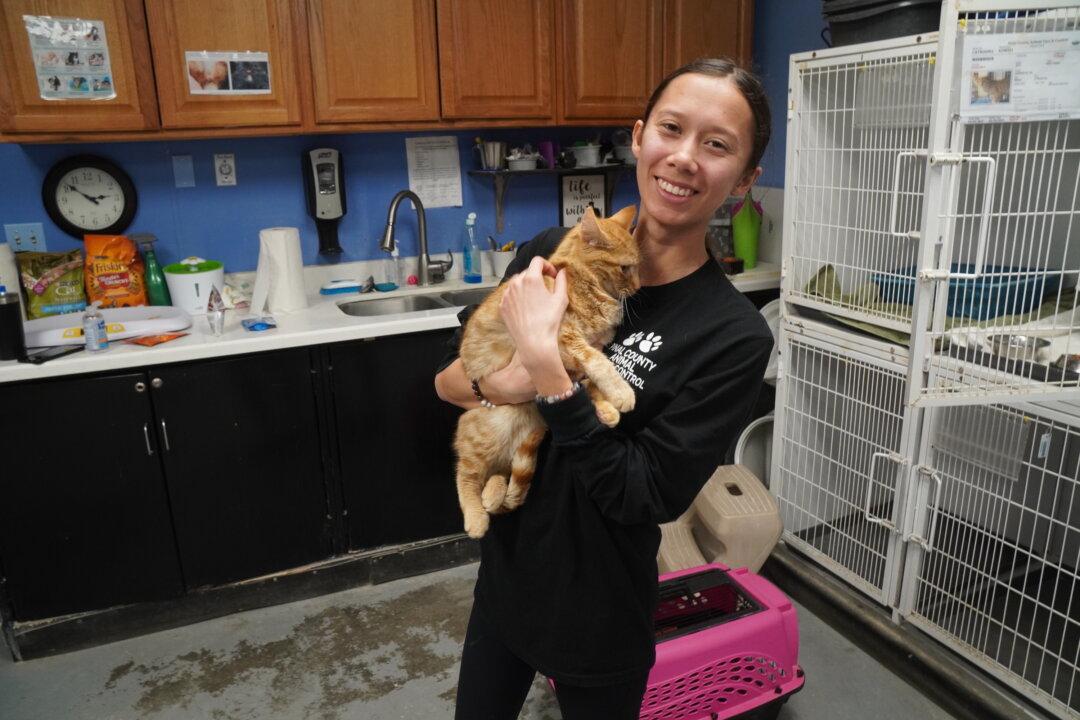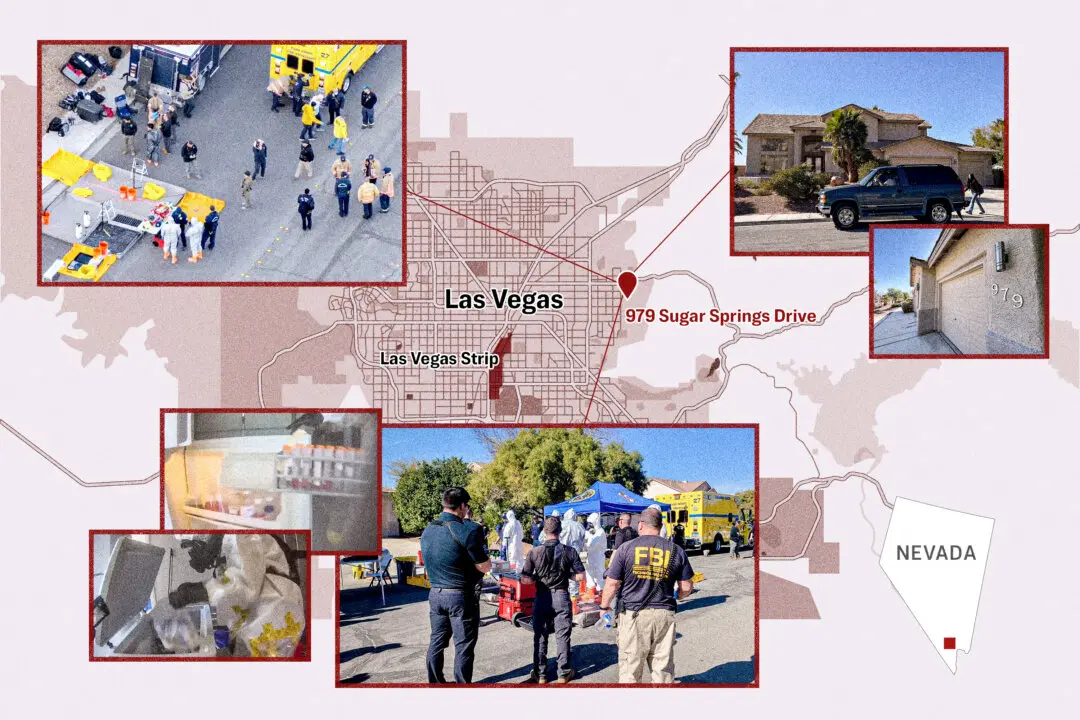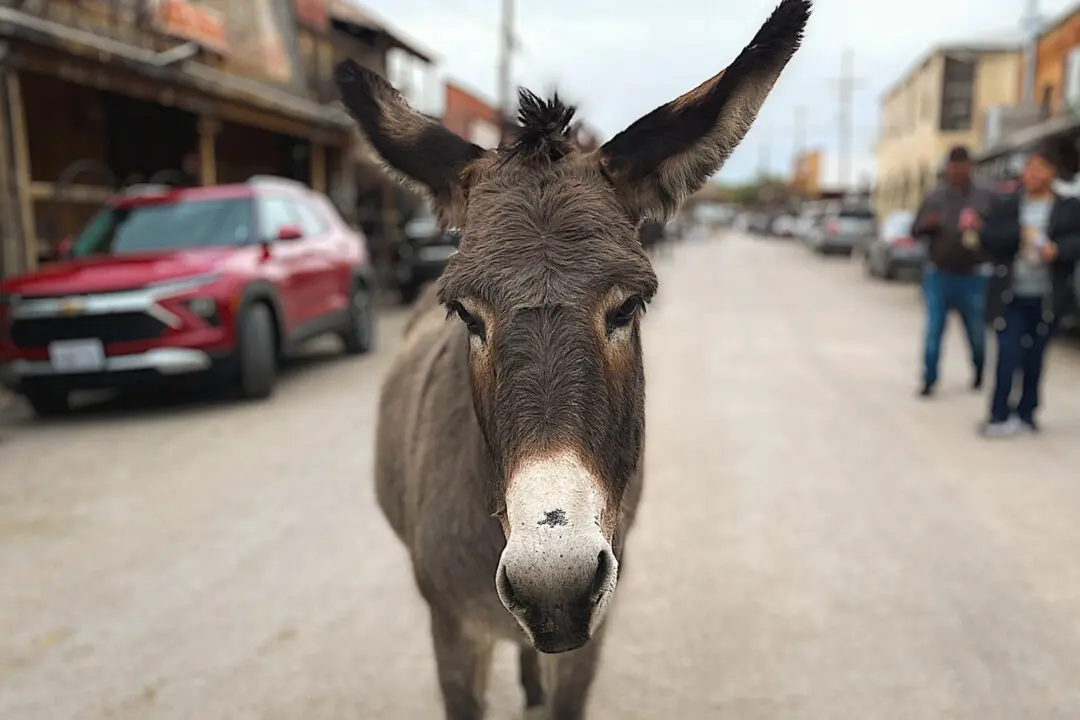PINAL COUNTY, Ariz.—Life during the COVID-19 pandemic could be an especially lonely time for homebound Americans, and to ease the stress, many families adopted a pet for daily companionship.
The American Society for the Prevention of Cruelty to Animals (ASPCA) reports that in 2021 alone, 23 million households—nearly 1 in 5—had taken in a cat or dog since the beginning of the pandemic in 2020.





